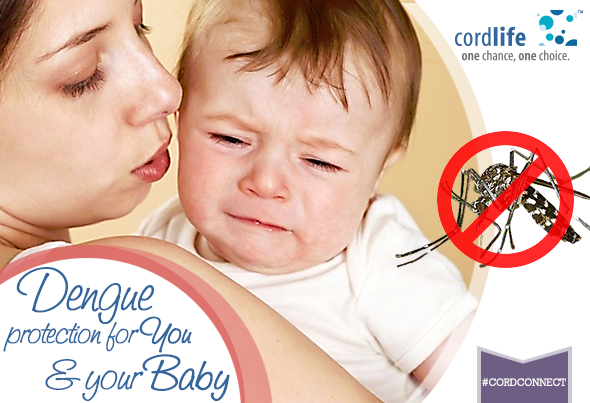Table of Contents
Contracting dengue during your pregnancy can put both you and your unborn child at risk. The only treatment course to follow is to alleviate the symptoms.
Dengue is a disease caused by a virus carried by the Aedes aegypti mosquito and it spreads through mosquito bites. It can have potentially fatal consequences if such a mosquito bites a human, especially if the symptoms of the disease are not treated on time. Dengue has now become a common disease in India but it also occurs in many other countries worldwide. The WHO estimates that 50 to 100 million persons are infected with dengue all over the world every year. Of these, about 20% can succumb to the disease[1].
The disease manifests itself through such symptoms as high fever, chills, pain while blinking or moving the eyes, mild to severe gum bleeding, nausea and loss of taste and joint pains, to name the most common. It may take up to three days to settle in completely after the victim receives the mosquito bite.
Dengue has the potential to assume severity when pregnant women are infected by it. “The immune system in most pregnant women is already vulnerable, so being infected by the disease during pregnancy can result in serious complications,” says obstetrician Dr. Apurva Junnarkar. She adds, “However, not every pregnant woman develops the severest form of dengue. A lot of care is needed to ensure that the disease does not cause complications for the unborn child.”
Many doctors do not advise the usual course of treatment for pregnant women suffering from dengue, but hospitalisation is recommended. “A course of paracetamol is fine because it does not harm the baby and makes the mother more comfortable,” says Dr. Junnarkar. “The best that can be done is to drink lots of fluids to keep the body cooled and hydrated. If the symptoms are severe with very high fever, an IV fluid line might be used.”
There is the possibility of a pregnant woman transmitting the virus to her child at the time of giving birth. The symptoms in babies include skin rashes, too hot or too cold body temperature, listlessness and oversleep. While dengue must be endured once contracted, it is advisable to prevent its occurrence altogether by throwing out stagnant water from the house and wearing mosquito-repellent creams on exposed skin.
[1] WHO statistics for dengue, 2014-2015
